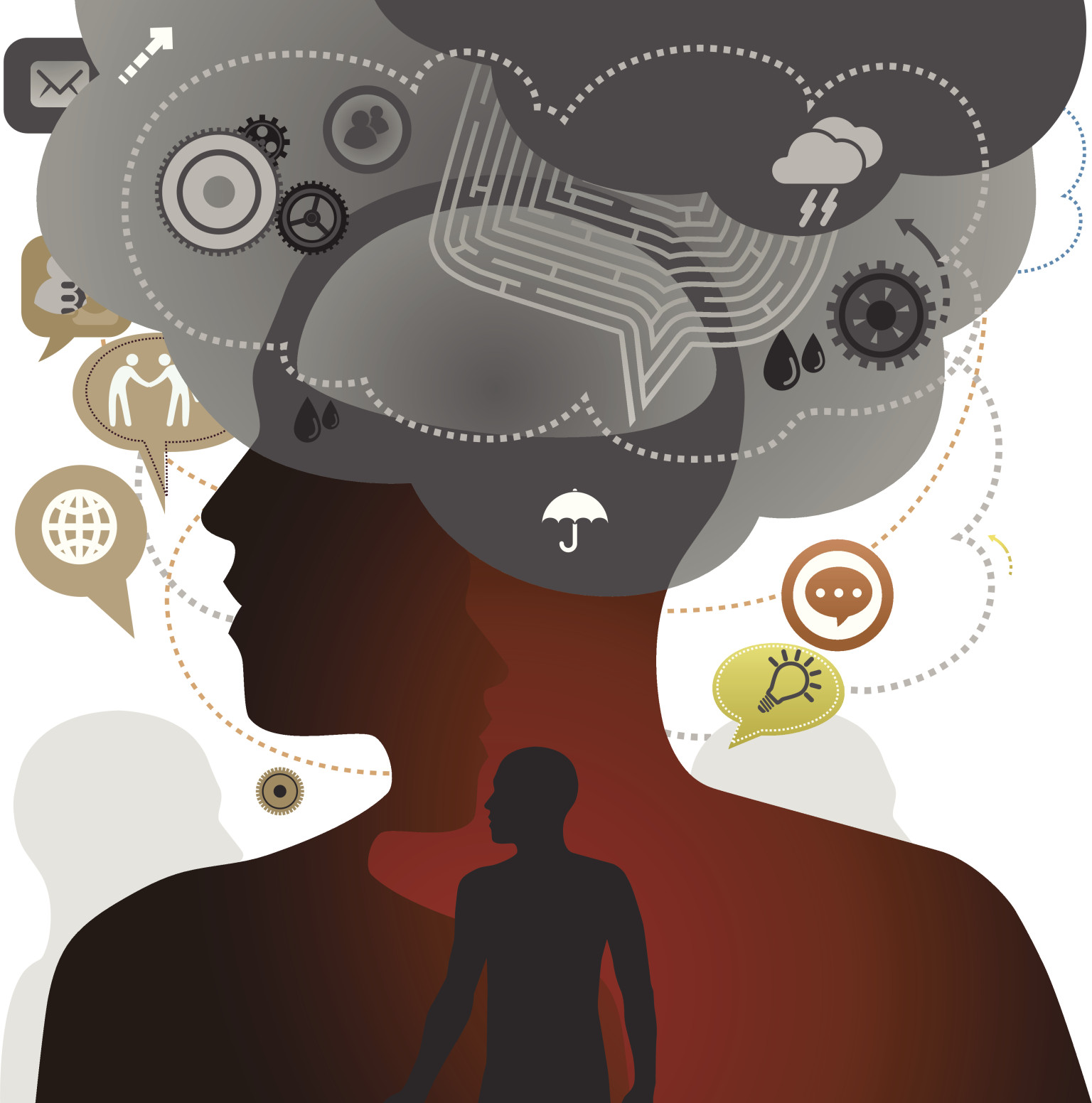

Scientists aren’t sure whether the same biological processes underpin brain fog in different illnesses however, brain fog is common among people recovering from traumatic brain injury, experiencing persistent post-concussion symptoms, with myalgic encephalomyelitis/chronic fatigue syndrome, fibromyalgia, HIV, postural tachycardia syndrome, lupus, post-treatment Lyme disease syndrome, and as a side-effect of chemotherapy. Up to 85% of people with long COVID also have brain fog.Īlthough we’re hearing a lot about brain fog in relation to COVID, people experience the symptom with many other diseases and disorders.

Recent reports suggest 20-30% of people have brain fog three months after infection. Brain fog doesn’t usually worsen over time, and may not last forever.īrain fog was one of the most common symptoms to emerge in the first months of the COVID pandemic. While the symptoms of brain fog can be similar to those experienced by people with Alzheimer’s disease and other conditions associated with older age, brain fog can affect people of any age. They reported feeling guilt and shame, especially about how brain fog had affected their ability to return to work and their relationships. One recent study asked people with long COVID about their experiences with brain fog. Brain fog can also take a toll on relationships, and change the way we see ourselves personally and professionally.

#Brain fog and covid how to
Other people say they “forget how to do normal routines like running a meeting at work".īrain fog can make even simple tasks like grocery shopping very difficult: navigating the car park, remembering a list of items to buy, switching attention between products and prices, and reading ingredients can be confusing, overwhelming and exhausting.īrain fog can be unpleasant in the short term, but over time can make it difficult to work and maintain social activities. Sufferers describe experiences with brain fog as lapses in memory and concentration, with some saying they “put food on the gas stove and walked away for over an hour, only noticing when they were burning". This describes problems with closely linked tasks such as concentration, information processing, memory, thinking and reasoning, and making sense of language.īrain fog is exactly what it sounds like: a feeling something like being shrouded by a thick fog, not quite able to grasp ideas, feeling confused or disoriented, and having trouble concentrating or recalling memories. Brain fog is what doctors refer to as “cognitive dysfunction". Brain fog is not a medical diagnosis, but rather the description patients tend to use for their symptoms.


 0 kommentar(er)
0 kommentar(er)
